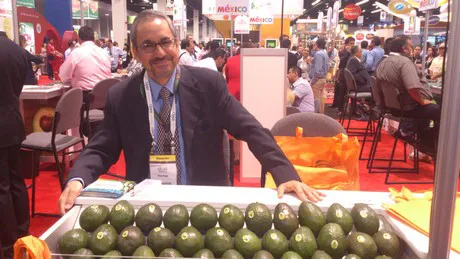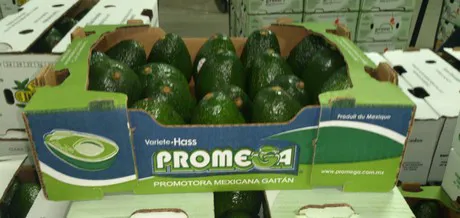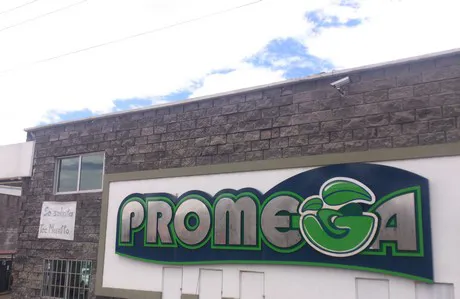The Mexican avocado season is now starting. Even though the harvest period had been expected to kick off on 4 July, it did so a few days earlier; a situation that has led to some dissatisfaction among producers, who have obtained relatively low prices, as these plummeted in just a week because of the sudden saturation of the US market.

"The Mexican avocado industry, as a single unit, depends on there being a fair price for producers and also for all links in the marketing process, but at the same time, the price has to be affordable for those consumers around the world who appreciate avocados and their nutritional qualities," explains Celso Castillo, avocado sales manager at Promega. "It is worth mentioning that this agricultural period will be marked by the commitment of producers to receive the best possible prices."
To achieve this and tackle the problem, the industry will diversify its destinations in order to avoid flooding the US market and will spread out its supply among other countries. "We are confident that this new cycle will bring a new record for avocados from Mexico," continues Castillo.

According to the sales manager of Promega, during the 2015-2016 agricultural season, Mexico exported more than one million tonnes of avocados worldwide; of these, 860,000 tonnes were shipped to the United States and more than 150,000 tonnes to other international destinations, such as Canada and Japan. "Our goal this year is to stay above one million tonnes and diversify by entering new markets, such as China, South Korea and Europe, so as to prevent saturation in our current markets," reiterates Celso Castillo. "It is important for each market to receive only the volume they are able to absorb, because if we generate excess supply in a given market, the result will be falling prices in that same market."
Celso Castillo presented some statistics: "Between June 2015 and June 2016, Mexico exported 866,000 tonnes of avocados to the United States, with a huge market share of 81.2%. Mexico's exports to Asia totalled 69,000 tonnes, with shipments going mainly to Japan, with 45,000 tonnes, and China, with 12,000 tonnes. Mexico also exported 28,000 tonnes to Europe and 42,000 tonnes to Canada."

Celso Castillo believes that diversification will allow Mexican producers to get better prices and keep them at a reasonable level throughout the year, without drastically changing the volume of avocados shipped to each market.
"For example, right now, in the United States, the price of the largest calibres stands just slightly above US$ 50 per box, but, given that most of the harvest consists of small sizes, there is a gap of more than 10 US$ between calibre 48 avocados (which are the most demanded) and calibre 60 (which is the next smaller one). Meanwhile, calibre 70 (the smallest) is sold at half the price as calibre 48. Thus, the key for the avocado industry is to keep the volume under control to make it possible for producers and everyone involved in the marketing chain to obtain a good price."
More information:
Celso Castillo, Sales Manager of the Avocado Division
Promega, Mexico
T: (452)528-0332 Ext. 116
M: (452)525-6322
E: celso@promegaupn.com
www.promega.com.mx






